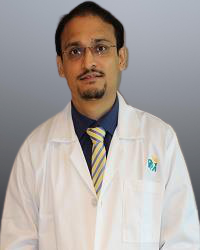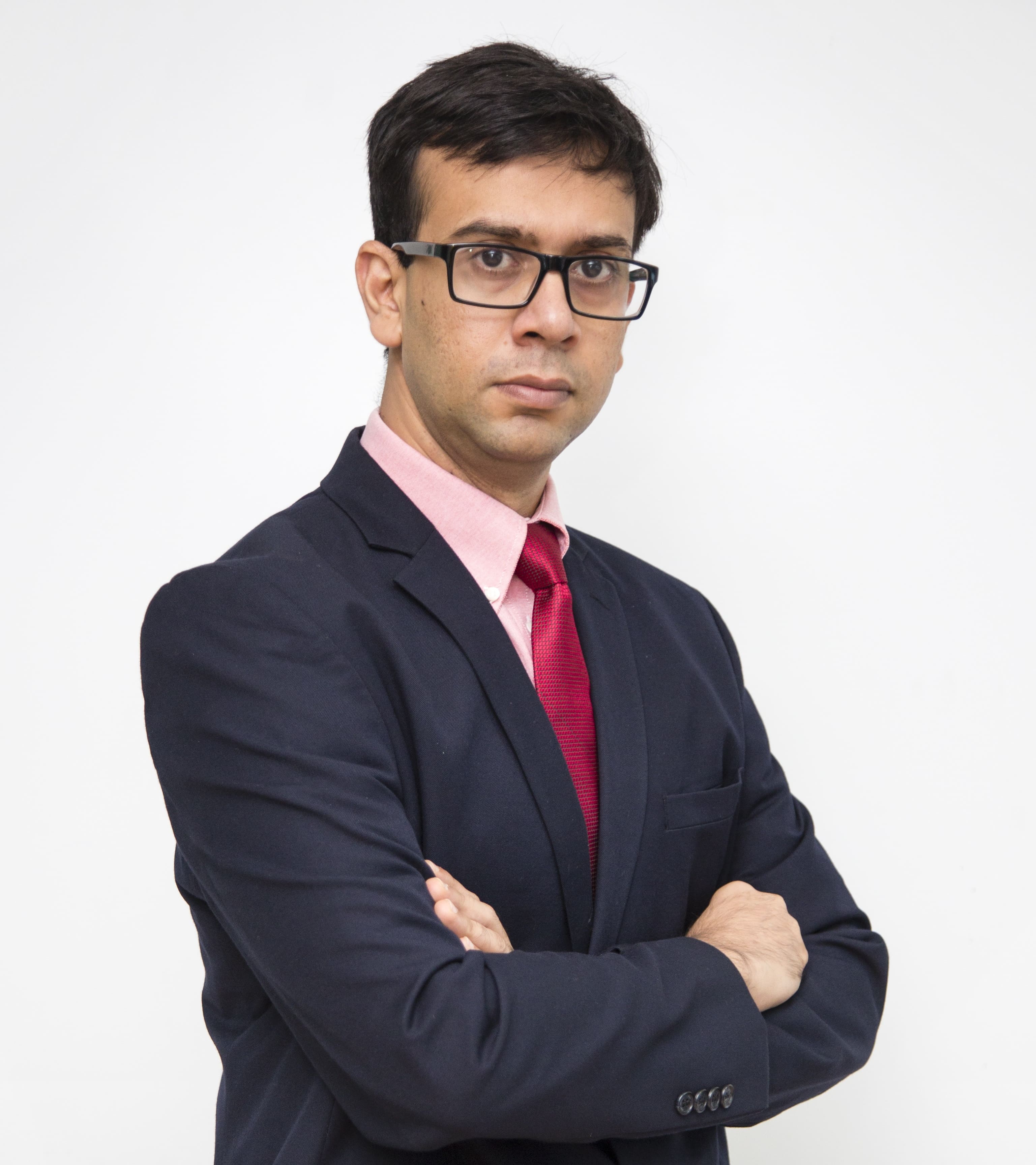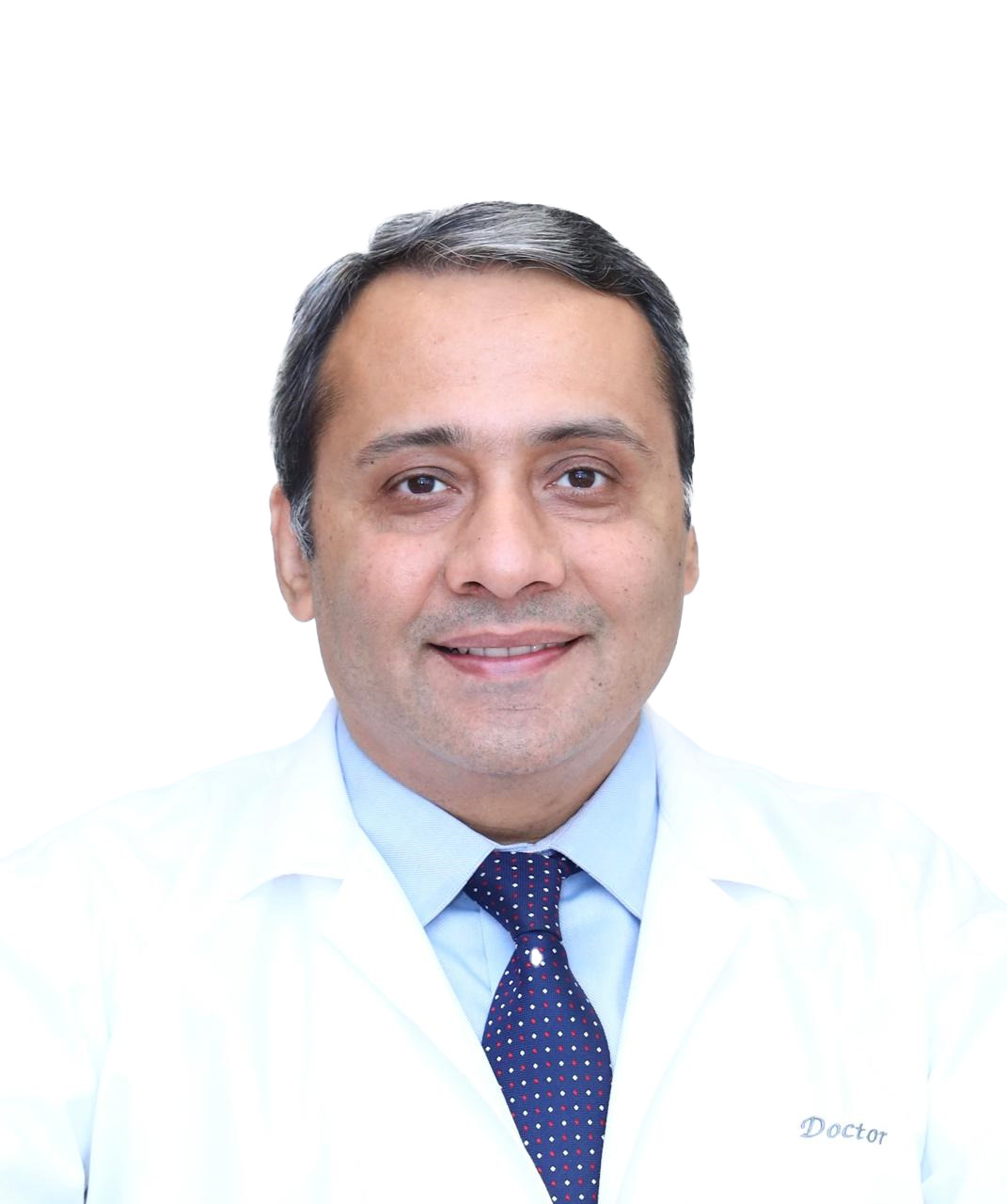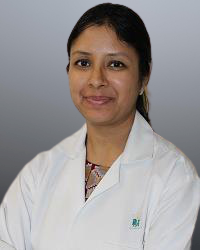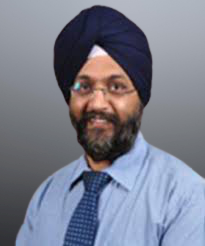Best Doctors for Liver Cancer in Mumbai
Liver cancer, or hepatocellular carcinoma, is a serious disease that manifests when liver cells’ DNA undergoes mutations, leading to uncontrolled growth and tumour formation. Chronic hepatitis infections, cirrhosis, fatty liver disease, genetic disorders, and viruses such as hepatitis B or C are common triggers. The onset of liver cancer could lead to severe implications and outcomes if not diagnosed and treated timely.
In Mumbai, with its fast-paced lifestyle, residents are exposed to several risk factors for liver cancer. Fortunately, Apollo Hospitals employs some of the best liver cancer treatment doctors who can provide comprehensive care and therapy options.









 Call Now
Call Now